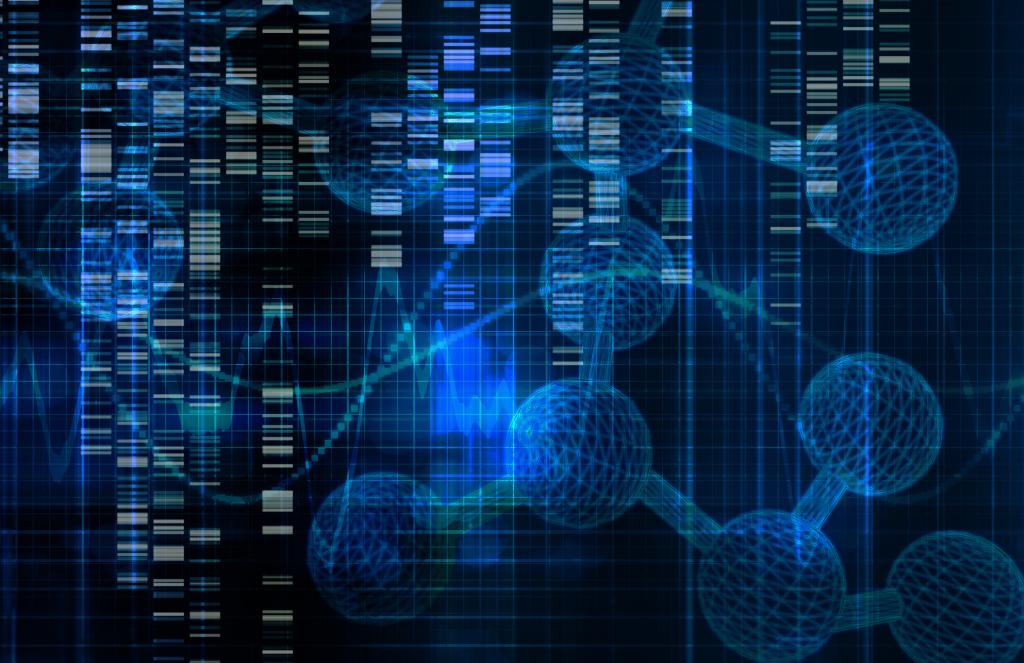Admission CTAs
Improved Treatment for HIV, Cancer Patients
George Mason University’s Yuntao Wu is the lead scientist on a research team that has make a key discovery in our fight against HIV.
Wu, a professor of Molecular and Microbiology within the College’s School of Systems Biology, described the research which focuses on cofilin, a key protein that regulates cells to mobilize and fight against infection.
According to the research recently published in the journal Science Advances, cofilin dysfunction is a key factor in helper T cell defects in an HIV-infected patient. Helper T cells control the body’s immune response by recognizing the presence of a foreign antigen and then helping the immune system mount a response.
“When you have an infection, you need to mobilize the T cells,” said Wu. “In HIV infection, there is a profound depletion of helper T cells in lymphoid tissues, such as those in the gut,” he explained.
Antiretroviral therapy has significantly increased the lifespan of HIV-infected people, although it offers neither a cure nor a full restoration of the body’s immune system, he said. The natural course of the HIV infection leads to multiple immune defects, including the impairment of T cell migration, according to the research team.
Wu and his team found that patients with HIV have “significantly lower levels of cofilin phosphorylation—which provides a control of cofilin’s activity with the addition of a phosphate— than healthy patients. Cofilin is a key protein that helps cells generate the driving force for migration. Proper cofilin phosphorylation is needed for cells to move in and out of tissues. Their findings suggest that a lasting immune control to HIV isn’t likely to come from antiretroviral therapy alone because it is not sufficient to repair the cofilin damage caused by HIV and to restore normal T cell migration in and out of tissues.
But the researchers found that by stimulating the T cells with additional therapeutics, such as the α4β7 integrin antibody, they could modulate the levels of cofilin activity needed to restore T cell mobility. The remedy has shown lasting effects in immune control of simian immunodeficiency virus (SIV), the simian form of the AIDS virus, in a monkey trial. Results in HIV-infected human patients are yet to come.
“Now we have a marker, and at least one target that we can focus on to discover new therapies to repair the immune damages for a functional cure,” Wu said.
